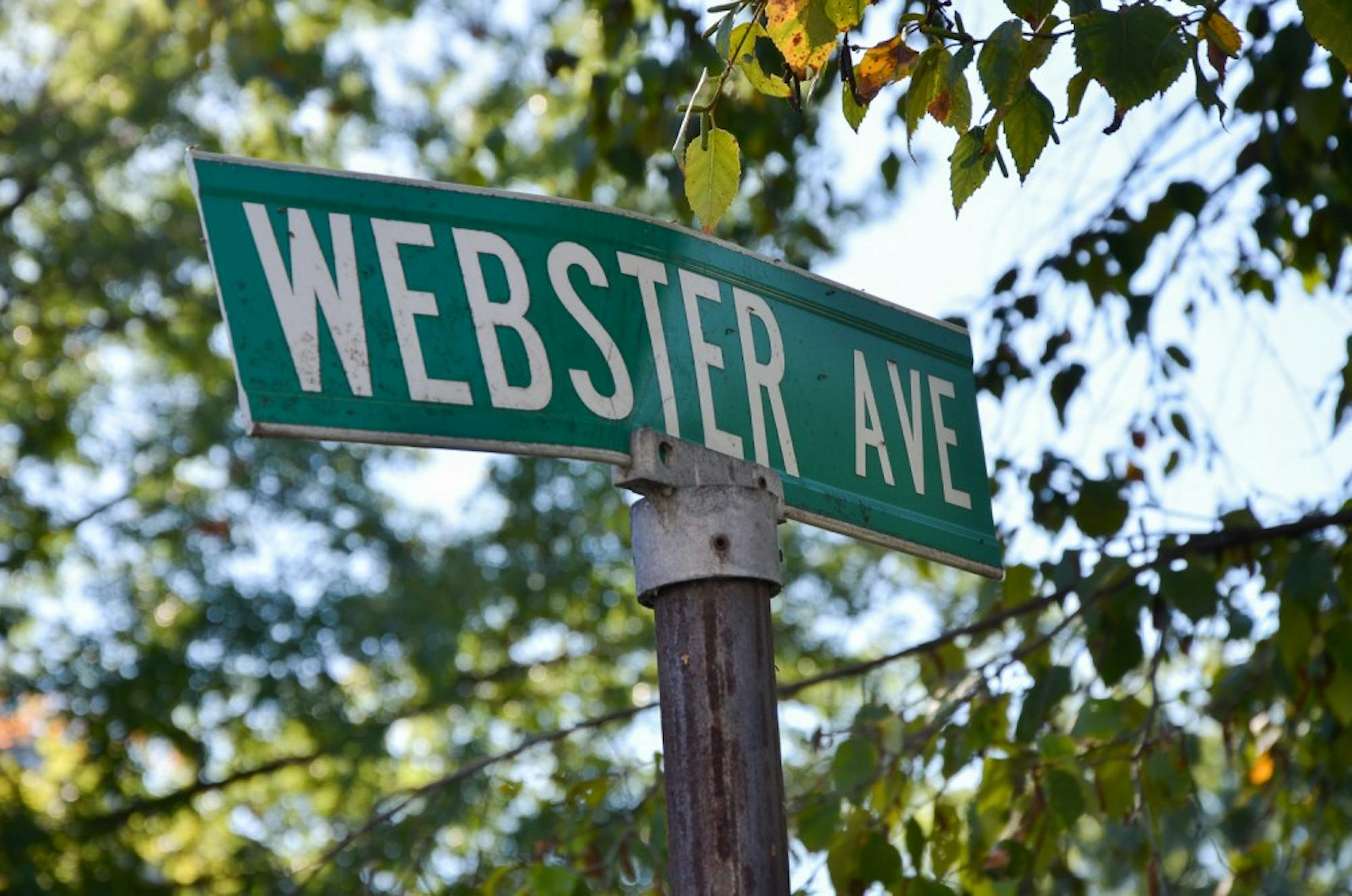Safety and Security director Harry Kinne said that he believed the results of the Greek Leadership Council’s first-year policy — which ended yesterday — have been consistent throughout the years it has been enforced. While there have been instances in which freshmen have been turned away from Greek houses, he is unaware of any violations of the policy this term.
The policy, implemented in 2013, prohibits freshmen from entering Greek houses for the first six weeks of the term.
Kinne said that the restrictions have contributed to a reduction in the number of alcohol-related incidents in Greek organizations over the course of the term, and he believes that alcohol-related incidents involving freshmen in general have also fallen. He did not have specific numbers to report.
“My sense is that the number of reports and the levels of intoxication of first-year students when we do encounter them is lower than in past years,” he said.
Kinne said that, in his opinion, the policy benefits both freshmen and the Greek organizations alike. The ban gives freshmen the opportunity to see that although events and parties at Greek houses are part of the campus environment, there are other options to be explored, he said.
“I think it gives time for people to get to know the campus,” he said.
It is difficult to measure the success of the ban, as data about incidents is not regularly released and can be challenging to interpret, GLC accountability chair Taylor Watson ’16 said.
The ban changes the idea of what “going out” means for students and can de-emphasize the importance of alcohol in the first six weeks of college, when students are already experiencing so many new things, Watson said.
Interfraternity Council vice president Daniel Pham ’16 said that the ban is a freshman-oriented policy that aims to encourage first-years to foster strong relationships with each other.
”We’re interested in making sure that freshmen are able to find a community in their class,” he said.
Pham said that although he has not looked at specific numbers, he believes from speaking with leaders of Greek organizations that there were no problems this year with students adhering to the policy, which he said is consistent with past years.
Kinne said that now that freshmen are allowed into Greek houses, he anticipates that members of the organizations will take precautions to ensure that they are creating a safe environment for everyone, even if this means contacting Safety and Security and other resources if a student arrives intoxicated or requires medical assistance.
“We all have a vested interest in when first-years do come into social events where there is alcohol, that it be safe,” he said.
Kinne said that the new Alcohol Management Procedures — which outlines regulations for the management of alcoholic beverages at College-associated events — places a great deal of responsibility on the members of Greek organizations who are serving alcohol and working at the door during events. Kinne said he thinks AMP will work to make the events safer for both hosts and those attending.
Pham said that how Greek organizations move forward as freshmen enter will vary from house to house.
“We want Greek houses to be a safe place where people can enjoy themselves and hang out on campus,” he said.
Affiliated students will be aware that first-years are not accustomed to Greek life and will be conscious of supporting them, Pham said.
“We know there are a lot of people who haven’t been in these basements before and don’t know how to handle themselves,” he said.
The continuous goal of the College’s Greek community is to make freshmen feel included and safe in Greek organizations, Panhellenic Council vice president of public relations Allison Chou ’17 said.
She said the ban on Greek organization entrance coincides with a period of adjustment for first-years and gives them the chance to ease into different social groups and environments on campus.
Dhungjoo Kim ’19 said that he thinks the freshman ban has more positive effects than negative.
“I think the [fraternity] ban is really beneficial, especially to the people who would normally be isolated while all their friends were at frats,” he said.
Kim said that he thinks it gives students the opportunity to bond with other members of their class.
He said that he is planning on visiting Greek organizations this term now that the ban is lifted.
Kourosh Saghri ’19 said the ban has encouraged him to be more social with other freshman in a way that he might not have been otherwise.
“It has made me go out and interact with other freshmen, rather than just going straight to a [fraternity] and meeting upperclassmen,” he said.
Saghri said that he does not think that drinking should be a huge part of first-year life, but he believes that drinking in residence halls would happen regardless of the ban. Overall, he said he thinks that the ban has had a positive effect on fostering social interactions among freshmen.
Saghri is unsure about whether he wants to visit Greek houses. Although the ban has limited exposure to Greek houses, he does not believe this has had a significant impact on whether he will visit any organizations at any point.
“It does have an effect on my knowledge of the [fraternities] themselves, but I don’t think it’s a particularly negative thing,” he said.




